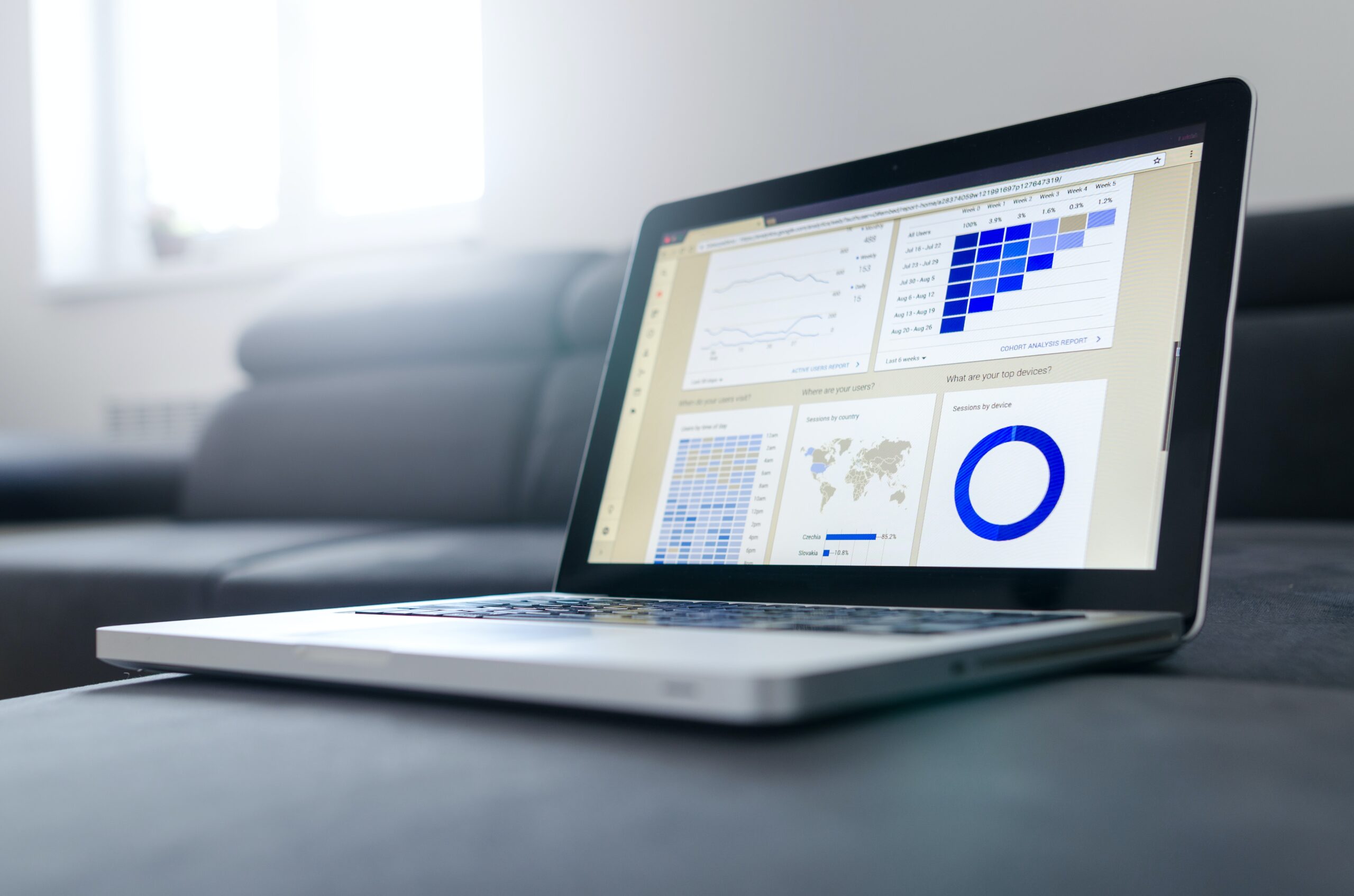Customer data forms the basis of marketing and advertising for customers and prospects. Two pieces of advanced software technology that allow companies to manage the complex and voluminous data available are CDP and DMP. A Customer Dates Platform (CDP) and Data Management Platform (DMP) have many similarities and are often compared. Therefore, a CDP vs DMP debate is common in MarTech and AdTech spaces. So which is better than the other? Which one should you choose?
CDP VS DMP: WHAT'S THE DIFFERENCE?
A CDP is software that collects and organizes data in a unified and centralized database with comprehensive customer profiles. On the other hand, a DMP is a platform for collecting and managing large datasets of anonymized target groups. Subsequently, data from both platforms is made accessible to other systems via an API and used in a different way.
CDPs and DMPs both share the common function of managing customer data. The biggest difference is in the primary data sources for both software. While both use third party data to some extent, CDPs mainly deal with first party data while DMPs mainly handle third party data. So a CDP usually feeds on data from a company's touchpoints, such as its website, email platforms, and social media pages. A DMP, on the other hand, is performed on data purchased from data brokers or collected itself from sources such as browser cookies and IP addresses.
WHY CHOOSE A CDP OVER A DMP?
While the conversation doesn't always have to be from a CDP vs. DMP standpoint, as both work well together, factors such as budget and logistics can sometimes make it necessary to use just one. In such a case, there are some convincing arguments for the superiority of a CDP. Some important reasons that should lead to the choice of a CDP include:
MORE COMPLETE CUSTOMER PROFILES
When conducting a CDP vs. DMP debate, one factor that greatly favors a CDP is the completeness of data. When built over a long period of time, a CDP gives your business an accurate and complete picture of every customer. This ranges from Personally Identifiable Information (PII) – phone numbers, Social Security numbers, etc. – to transaction and behavioral data. Because anonymity is central to DMPs, they cannot provide specific details nor can they guarantee the accuracy of the data.
LONGER DATA RETENTION
Another point for CDPs in the CDP vs. DMP conversation is that they create a permanent customer base. They provide permanent data storage that is useful until a company decides to delete them or your customer requests their deletion. Therefore, long-term planning and in-depth analysis are possible with a CDP. Conversely, a DMP only keeps data for 90 days or less due to the nature of its data sources.
DATA NOT AVAILABLE TO PARTICIPANTS
Any company can purchase third-party data from data brokers. Therefore, the data that DMPs use is just as accessible to you as it is to your competitors. At the other end of the spectrum, a CDP allows you to maintain a competitive advantage. Your company can collect and organize data in ways specific to your brand and its needs.
LESS PRIVACY BREACH
Privacy violations are more common with DMPs than with CDPs. The General Data Protection Regulation (GDPR) places a lot of supervision and restrictions on the collection of data from third parties to prevent privacy violations. With CDPs, it is much easier to prove ethical data collection and stay within regulations.
SUMMARY: CDP USAGE CASES
To wrap up the CDP vs. DMP debate, here's a summary of the popular CDP use cases:
- Unified, 360-degree view of every customer
- Personalization services such as birthday messages, product recommendations and special discounts
- Interdepartmental collaboration between sales, marketing, advertising and customer support
- Omnichannel Marketing and Customer Service
These great use cases are made possible by the full customer profile and long-term data retention typical of a CDP.
THE CDP VERSUS EXIT. DMP DEBATE : SHOULD YOU USE BOTH?
If the resources are available to successfully implement both solutions, it is a good idea to use both. A DMP covers some of the limitations of a CDP, such as reaching new audiences. Therefore, a DMP are used to attract potential customers, while a CDP will keep them in the long run.














